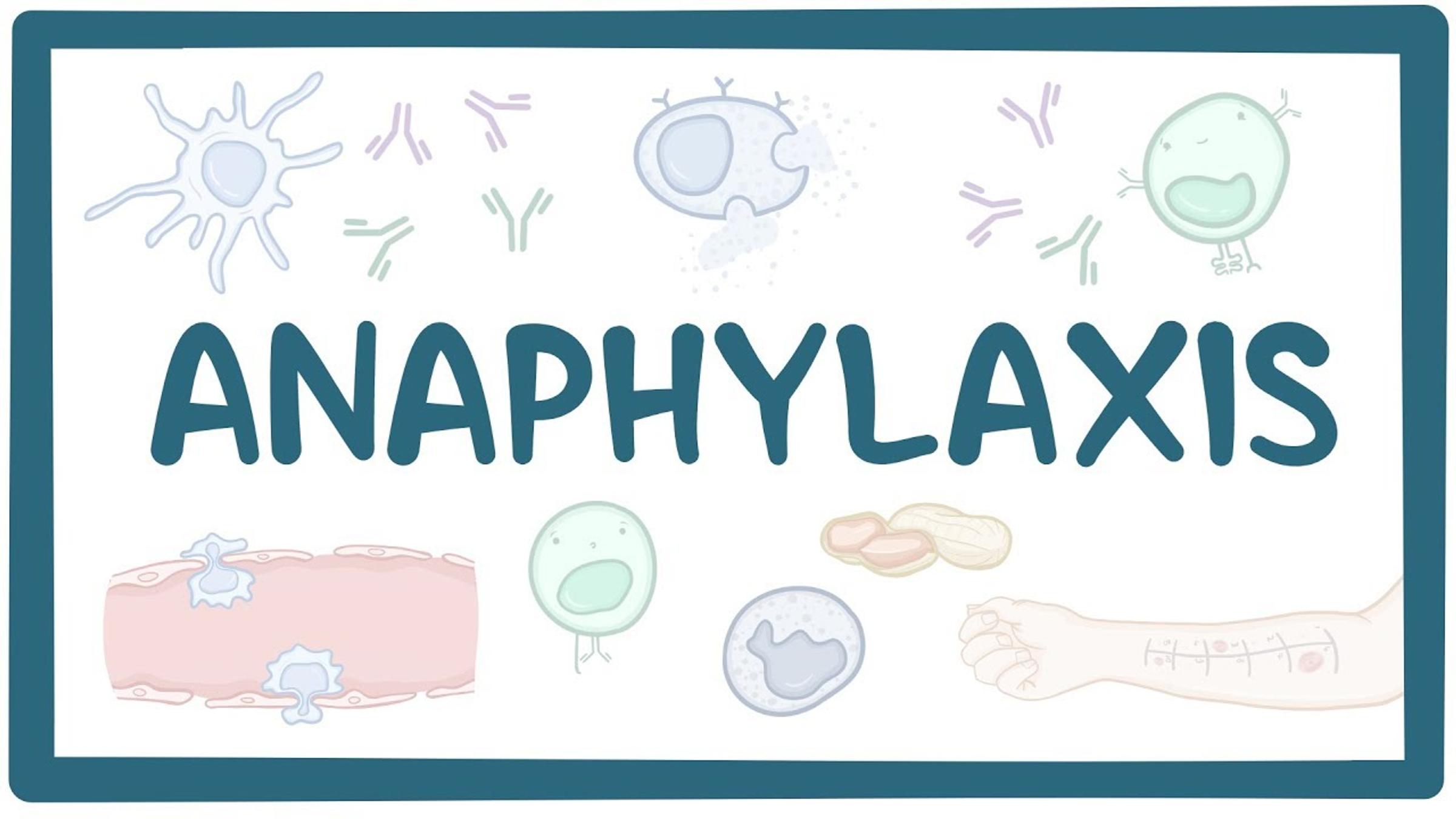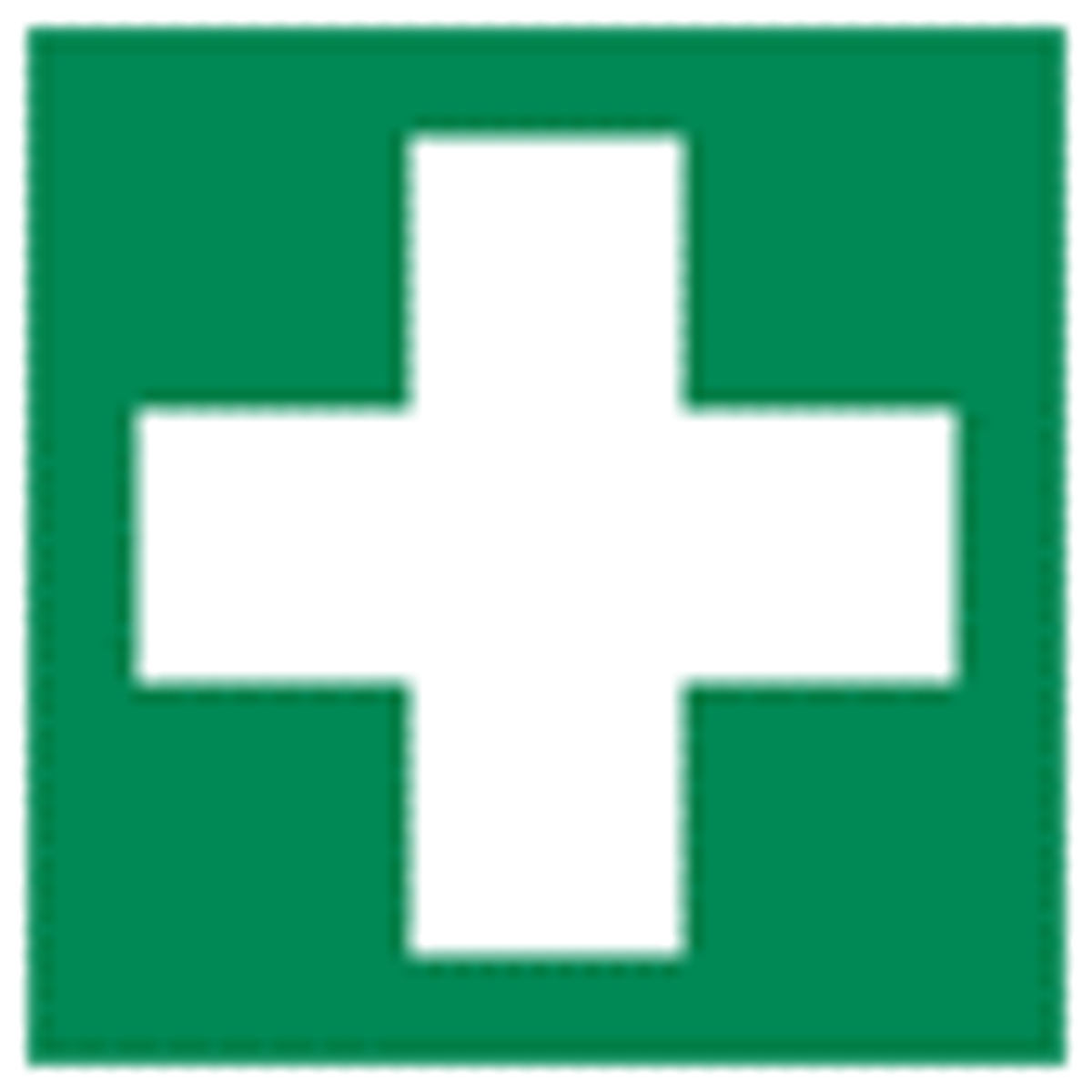Anaphylaxis

Anaphylaxis is a severe, rapidly progressing allergic reaction that is potentially life threatening which often involves more than one body system (e.g., skin, respiratory, gastro-intestinal and cardiovascular). An allergy is an overreaction by the body’s immune system to a normally harmless substance and may progress into anaphylaxis at any time. The most common allergens in school aged children are peanuts, eggs, tree nuts e.g., cashews, cow’s milk, fish and shellfish, wheat, soy, sesame, latex, certain insect stings and medication.
The key to prevention of anaphylaxis at Hamlyn Views School is knowledge of students diagnosed at risk, awareness of triggers (allergens) and prevention of exposure to these triggers. Banning of food or other products is not recommended by the Department of Education. Our school focuses on raising awareness of the risks associated with anaphylaxis and implementing practical strategies to minimise exposure to allergens. This includes shared knowledge of students at risk of anaphylaxis and staff trained in the emergency treatment of a child having an anaphylactic reaction.
Please ensure to update the school if your child has been recently diagnosed by a medical practitioner with any allergies or is “at risk” of Anaphylaxis. Access the school’s Anaphylaxis Management Policy on the website, request a copy from the office or make an appointment to speak to the school nurse.
Student Medical Action Plans
While the main role of the school is to provide education, we want to work with you to keep your child healthy and safe at school. Parents/carers must provide the school with a Medical Action Plan completed by the student’s medical practitioner if your child has Epilepsy, Asthma, Anaphylaxis, Hay Fever or Allergies. The plan must outline the student's known triggers and the emergency procedures to be taken in the event of an attack.
Parents or carers and the student’s general practitioner (GP) should annually complete or review each student’s Action Plan. The Action Plan should contain:
- the prescribed medication taken and when it is to be administered
- emergency contact details
- contact details of the student’s medical or health practitioner
- details about deterioration including signs to recognise worsening symptoms, what to do during an attack or medication to be used.
If you are having issues accessing a doctor please contact the school nurse as she could have information on how to obtain Medical Action Plans via a zoom GP appointment.
Please advise the office or school nurse if there are changes in the information about your child’s health care needs.
Leanne Treloar
School Nurse

